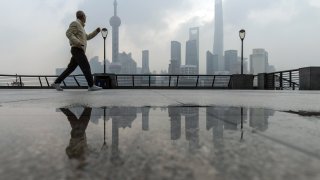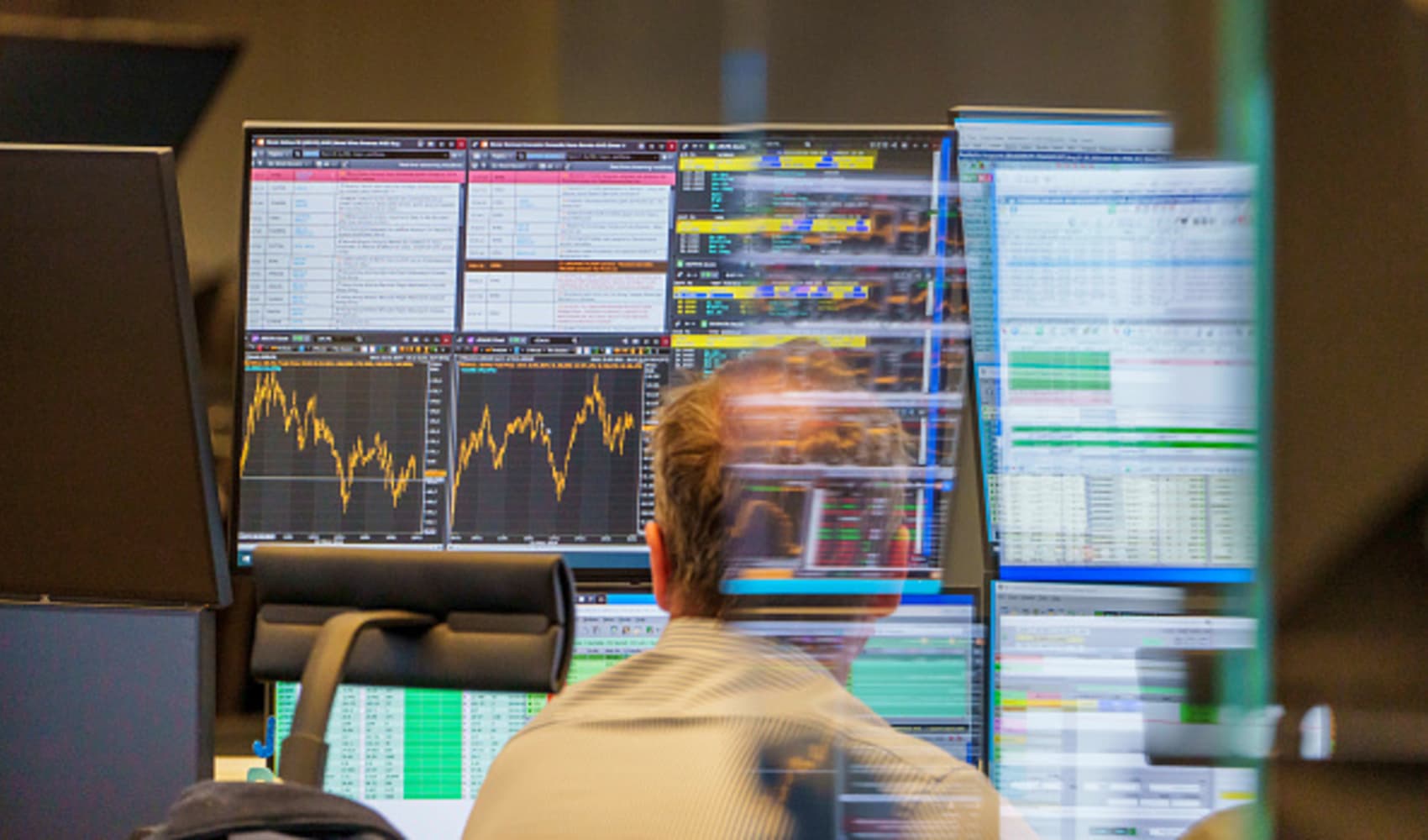
- Chinese President Xi Jinping on Sunday set the tone for the next five years with a speech that emphasized "higher-quality" growth and the need for national self-sufficiency.
- "China's economy has shifted from a period of high-speed growth to one of high quality," said Zhao Chenxin, member of the commission's Chinese Communist Party leadership group and vice chairman.
- Zhao said Monday that China would encourage foreign investment in advanced manufacturing, higher-quality services, high-tech, energy conservation and environmental protection.
BEIJING — A Chinese official confirmed Monday a shift in the country's growth goals and indicated things will change for foreign investment.
Chinese President Xi Jinping on Sunday set the tone for the next five years with a speech that emphasized "higher-quality" growth and the need for national self-sufficiency. He spoke less of rapid economic growth than in prior years.
The economic planning agency, the National Development and Reform Commission, held the first press conference following Xi's speech with representatives overseeing food and energy security.
Get New England news, weather forecasts and entertainment stories to your inbox. Sign up for NECN newsletters.
"China's economy has shifted from a period of high-speed growth to one of high quality," said Zhao Chenxin, member of the commission's Chinese Communist Party leadership group and vice chairman.
"We also face a new situation for attracting foreign investment," he said. That's according to a CNBC translation of the Mandarin remarks.
Money Report
China relied heavily on foreign investment for its initial surge of growth in the 1990s to early 2000s when new government policies allowed greater foreign access to the market after decades of closure.
For example, in 2013 foreign businesses in China accounted for a third of China's GDP and about 27% of employment, according to a report from the Hinrich Foundation.
Much of that business was in computers and electronics, autos and leather-related products, the report said.
However, foreign businesses in recent years have complained about unequal access to the Chinese market versus their peers, lack of intellectual property protection and forced technology transfers. The U.S. under the Trump administration tried to address those issues with tariffs and sanctions.
Looking ahead, Zhao said Monday that China would encourage foreign investment in advanced manufacturing, higher-quality services, high-tech, energy conservation and environmental protection.
He also noted specific support for such investment in the central, western and northeastern parts of China. Those are less developed parts of the country relative to the south and east coast.
"Given the size and growth of the Chinese economy in recent decades, one would have expected the country to attract a much broader range of foreign firms," Rhodium Group analysts said in a September report about European investment in China. "But three types of investors are conspicuously absent in our review of recent trends."
The analysts pointed to a lack of investors in the services sector, fewer European companies looking to acquire Chinese businesses and the absence of new entrants to the market.
For the first eight months of the year, foreign direct investment from Germany rose by about 30% from a year earlier — faster than the 23.5% pace recorded for the first seven months, according to China's Ministry of Commerce.
However, the ministry did not release updated figures for investment from the U.S., which official data showed had grown by about 36% in the first seven months of the year.






